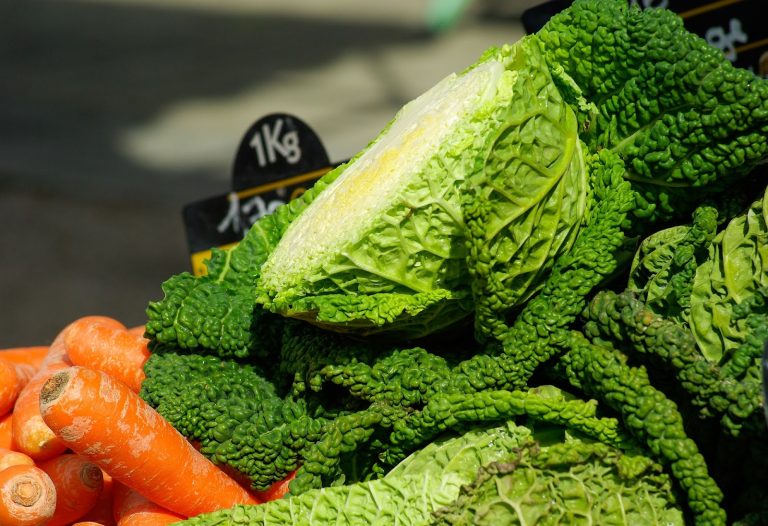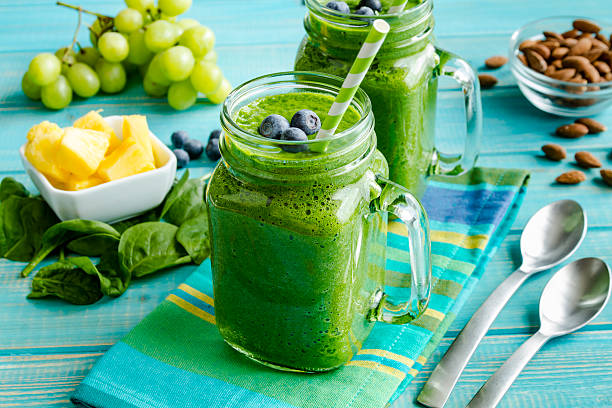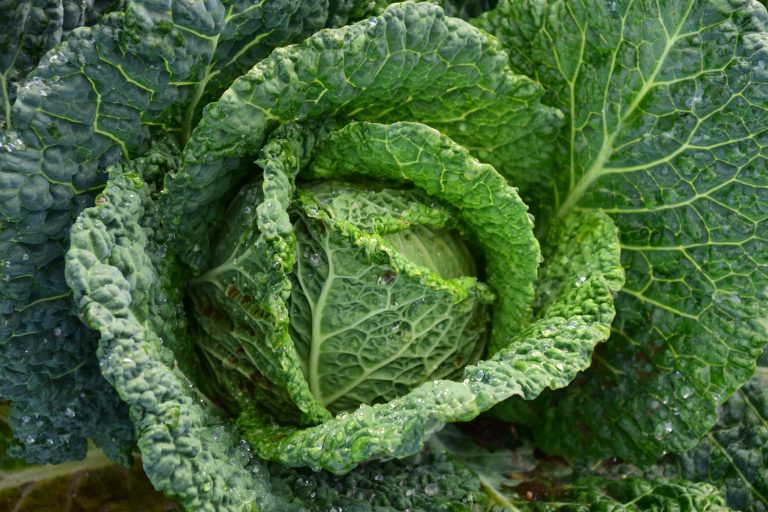Does Cabbage Reduce Blood Sugar? Let’s Find Out
Photo by Nataliya Vaitkevich
Diabetes has become a global health epidemic in recent years, affecting millions worldwide. This condition occurs due to high blood sugar levels (glucose).
While various approaches have been established in managing diabetes, including diets and exercise, it’s always fascinating to know if certain foods can help control blood sugar levels. One food that has gained attention in recent times is cabbage.
Does cabbage reduce blood sugar?
Let’s find out.
Table of Contents
Does Cabbage Reduce Blood Sugar?
The verdict is in – yes, it does! Incorporating cabbage into your diet can help regulate blood sugar levels, thanks to its various compounds and low glycemic index making it ideal for individuals seeking to manage their blood sugar levels. Cabbage is high in fiber, vitamin K, and vitamin C, making it nutritious.
A study conducted in 2012 showed that consuming cabbage juice daily could help improve glucose tolerance in individuals with type 2 diabetes. Cabbage also contains antioxidants that help reduce inflammation related to insulin resistance in diabetes.
How Does Cabbage Help Reduce Blood Sugar?
Cabbage contains compounds called sulforaphane, which are responsible for its anti-diabetic effects. Sulforaphane activates a protein called Nrf2, which triggers the production of antioxidants in the body, improving insulin sensitivity.
Cabbage juice has also been shown to reduce fasting blood sugar levels, indicating that it can be an alternative approach to diabetes management. However, it’s relevant to note that these studies have been conducted mainly on animals, and human studies are required to verify these claims.
There are different ways you can incorporate cabbage into your diet to enjoy its blood sugar-lowering benefits. One way is by adding shredded cabbage to your salads or stir-fries. Sauerkraut is also a healthy option, as it is made by fermenting cabbage, and the fermentation process produces probiotics that aid gut health. Another way to consume cabbage is by juicing it. Cabbage juice may not be everyone’s cup of tea, but it’s worth trying if looking for natural blood sugar management approaches.
Is Cabbage Good For Diabetes?
Yes, It is. Cabbage is low in carbs, making it a good option for individuals with diabetes. Additionally, incorporating cabbage into your diet can help manage blood sugar levels.
Does Cabbage Have Any Effect On Someone with Diabetes?
Yes, it does. Cabbage contains compounds such as sulforaphane that help improve insulin sensitivity and reduce inflammation related to diabetes. Additionally, cabbage is high in fiber and low in carbs, making it an excellent option for individuals with diabetes. However, speaking to your doctor or nutritionist before adding new foods to your diet is crucial.
How To Cook Cabbage for Someone with Diabetes?
The best way to cook cabbage for someone with diabetes is by steaming it. Steaming cabbage helps retain its nutrients and keep its glycemic index low. Additionally, you can add other healthy ingredients, such as ginger, garlic, or spices, to make the dish more flavorful.
Is Raw Cabbage Good for Someone With Diabetes?
Yes, it is. Raw cabbage can be a great addition to your diet if you manage diabetes, as it is low in calories and carbs, making it a good option for individuals with diabetes.
Does Cabbage Produce Insulin?
No, it does not. Cabbage is not known to produce insulin, but it can help improve insulin sensitivity and reduce inflammation related to diabetes due to its compounds, such as sulforaphane.
Lifestyle changes like exercise, diet, and stress management are crucial when managing blood sugar levels. While cabbage is a nutritious food supporting blood sugar management, it’s not a magic cure for diabetes. A holistic approach is essential in managing diabetes, and a healthcare professional must be consulted for medical advice. Moreover, cabbage contains vitamin K, which can interfere with blood-thinning medications, and individuals taking such medications should consult with their doctors before consuming cabbage.
Final Thoughts
Cabbage is a nutritious vegetable with several health benefits, including blood sugar management. Its anti-diabetic effects are attributed to sulforaphane, fiber, and antioxidants.
Incorporating cabbage into your diet may help support your blood sugar management efforts, but it’s important to remember that cabbage isn’t a substitute for medical care. Seek medical advice before making any significant changes to your diet.
So, does cabbage reduce blood sugar? Yes, but it’s only a part of a holistic approach to diabetes management.






